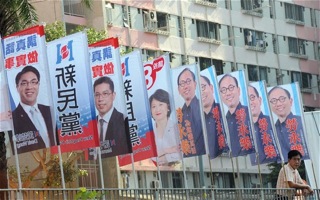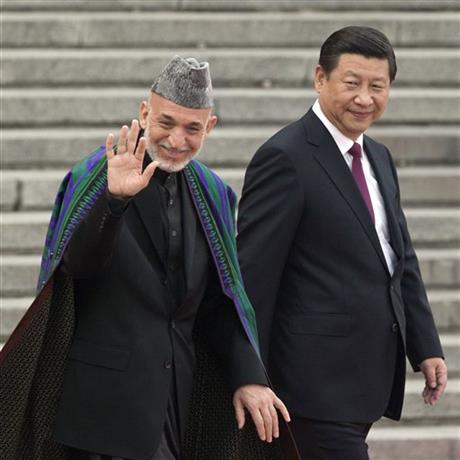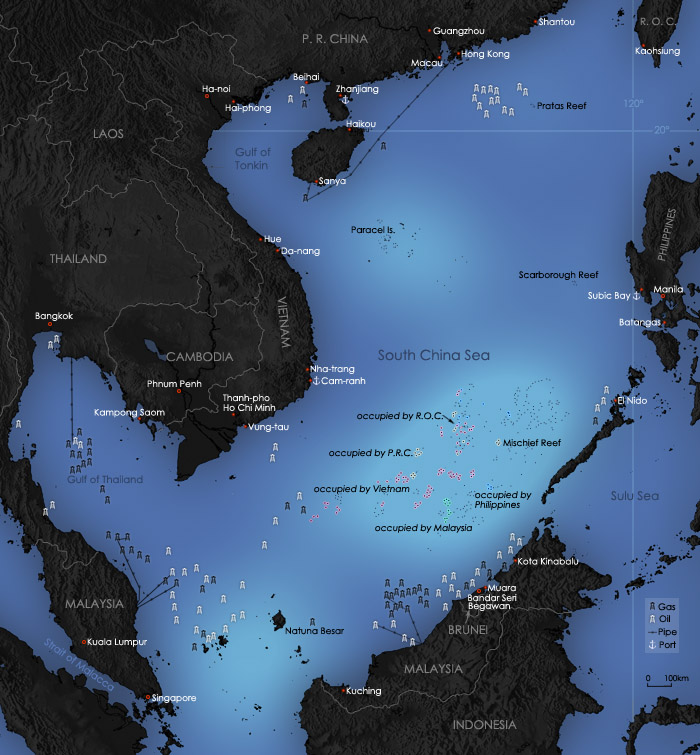A Background of Turmoil
On 9 September 2012, Hong Kong held its fifth legislative election since becoming a Special Administrative Region of the People’s Republic of China in 1997. This election was of particular importance given political developments on the island. The vote was seen as a referendum on the new administration of Chief Executive C.Y. Leung. During his short tenure, since 1 July, C.Y. Leung’s staff has been hit by two scandals. It has been alleged that they have illegally misdirected government housing allowances and subdivided apartments in an unlawful manner. Both issues involve two individuals who have served as Development Secretary since Leung’s swearing-in, former civil servant Mak Chai-kwong and former legislator Paul Chan. The second and most controversial issue, is the government’s plan to introduce “Moral and National Education” into primary schools in 2013. National Education consists of “patriotic classes” that are designed to foster closer emotional ties between Hong Kong and the mainland for future generations to come. While the programme passed in the Legislative Council last year without much notice, the revelation earlier this year that new school programming would emphasize the merits of the Chinese Communist Party’s one-party rule vis-à-vis multi-party democracy caught Hong Kongers by surprise. Despite loud protests from students, parents and schools including accusations of brainwashing, the government was determined to drive through this educational policy. But, after days of chanting and loud anti-Leung rhetoric by students who had occupied central government offices at Tamar, Leung finally backed down and declared that National Education would be “optional.”
[captionpix align=”left” theme=”elegant” width=”320″ imgsrc=” http://upload.wikimedia.org/wikipedia/commons/c/c5/Hk_protest_against_implementation_of_national_education_9.jpg ” captiontext=” The government’s Moral and National Education policy provoked general uproar, especially among young students.”]
The Results
Observers had expected that the public debate on China’s relationship with Hong Kong, in light of the National Education program, would give democratic parties a significant edge over the pro-Beijing ones in this election. Certainly, this would have been the case if Leung suffered a defeat on the eve of the vote. However, the elections were hardly a resounding victory for the pan-democrats as the pro-Beijing parties exceeded expectations.
This election was the first in which a majority of seats (40 of 70) were determined by universal suffrage, while prominent groups such as industries and trade unions chose the remaining 30. Of those 40 directly elected seats, democrats won 21 while the pro-Beijing factions captured 19. While democrats will continue to have a veto over any propose change to Hong Kong’s Basic Law with one-third of the seats, they failed to increase their representation proportionally. The once influential Democratic Party lost half its geographical representation and 7% of the popular vote leading to the resignation of party chair Albert Ho. While the pro-democrat Civic Party gained seats, prominent member Audrey Eu lost her riding. Against this background was the relative success of the pro-Beijing factions. The Democratic Alliance for the Betterment and Progress of Hong Kong (DAB) increased its representation by three seats, remaining the largest party, while the Federation of Trade Unions increased their representation by two seats. Other pro-Beijing parties also did well. Former Security Secretary Regina Ip’s New People’s Party secured two seats while Leung Mei-fun, a pro-China candidate in Kowloon West, retained her seat. Together with relative success among the 30 effective appointed seats, Hong Kong’s Legislative Council remains in pro-Beijing hands.
[captionpix align=”left” theme=”elegant” width=”320″ imgsrc=” http://www.scmp.com/sites/default/files/styles/980w/public/2012/09/10/albert_ho.jpg ” captiontext=” Albert Ho, chairman of the Democratic Party, resigned as his party lost seats against high expectations.”]
Explanations and Conclusions
The question that arises from the election results is why did democratic parties fail to outmaneuver the pro-Beijing faction given the tenuous political situation? One core answer is the setup of Hong Kong’s political system. Through functional constituencies, the Beijing faction is guaranteed over a third of the seats, which only requires modest results in directly elected seats to gain a majority. However, it is important to remember that the democratic performance within directly elected constituencies was not impressive. This was a matter of organisation, resources and unity. The pro-Beijing factions are superbly well organized and united, which is especially true of the DAB. The DAB has broad union support and key networks throughout the city, allowing it to translate support into votes quite effectively. Secondly, the DAB submits two party lists for each constituency. Combined with its organizational support, they are able to turn out equal support for each list in each constituency, meaning electing several members from each constituency. For example, in both Hong Kong Island and in New Territories East, two members of DAB were elected. Also, in New Territories West, three DAB members were elected. This meant that while DAB’s share of the popular vote fell around 2%, the party still gained seats as strategic voting and good management prevailed. In contrast, democrats failed to make use of this strategy as divisions between the parties split the vote.
Nevertheless, it must not be forgotten that the democratic vote actually fell 3.4%, which meant a rise in Beijing’s share of votes. Even in face of open questions regarding National Education and Hong Kong’s political future, the pan-democrats failed on one main front; making their platform relevant to the average Hong Konger. The focus on election day was not on which party would implement universal suffrage for all legislative seats or the National Education law, but rather on who was best suited to revive the economy. Issues included making housing affordable, as housing prices have almost doubled since 2009 and insuring the city’s infrastructure, particularly given the heavy strain put on roads and bridges by millions of mainland visitors. The democrats’ sole focus on constitutional affairs was a mistake, side-stepping issues of more immediate significance to the electorate. Thus, in spite of the seemingly favourable political situation which existed, democrats failed to grasp this opportunity. Therefore, the pro-Beijing factions skillfully outmanoeuvred their opponents.
[captionpix align=”left” theme=”elegant” width=”320″ imgsrc=” http://www.hkchcc.org/jaspertsang®inaip.jpg ” captiontext=” Jasper Tsang, President of the Legislative Council and founder of the DAB, with Regina Ip of the New People’s Party. Both of these pro-Beijing factions did much better than expected with superior organization.”]
For now, with the relative success of radicals like Leung Kwok-hung, “Long Hair” of the League of Social Democrats and Wong Yuk-man’s People Power, C.Y. Leung will face continued criticism. Controversy surrounding his personal affairs and the future of the National Education question will remain. But now with the elections over, the Chief Executive can breathe a sigh of relief as the Legislative Council will not present an impediment to his administration of the island.




